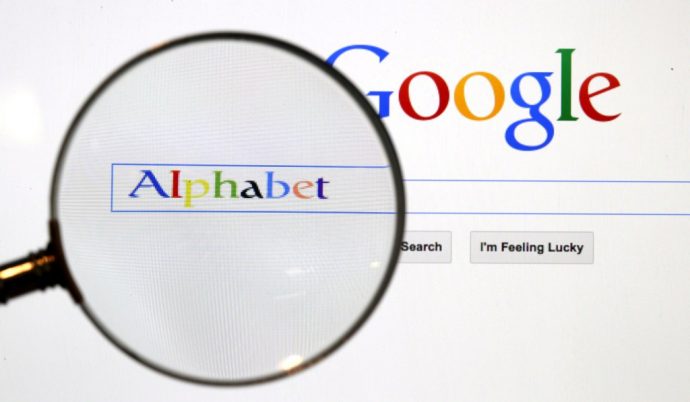Breaking up the big tech companies is becoming a hot topic. Here is John Hawkins writing at National Review:
There is a strong Republican antitrust tradition.
The big digital monopolies demand that we conform to their worldview and shut us down when we dissent. They have too much power. They are are threat to this country. Congress is doing nothing about it. It’s time to complain, while we still can. #Tucker @FoxNews
— Tucker Carlson (@TuckerCarlson) April 27, 2018
When he tweeted these words, Carlson was expressing a sentiment that many on the right have come to embrace. People are concerned, with good reason, that big tech companies discriminate against conservatives. Numerous conservative outlets have had their videos demonetized on Google’s YouTube. PragerU is appealing their loss in a lawsuit over that. A study by The Western Journal showed that a change to Facebook’s algorithm disproportionately harmed conservative sites.
In normal circumstances, this wouldn’t be a problem for government to solve, but social media has come to dominate our national conversation. Large political websites thrive or die based on changes to Facebook and Google algorithms. Everyone from cable news to newspapers to online-only publications create and tweak their content based on how they think it will play on social media. A study has also shown that Google search results can have a frighteningly large impact on elections:
Randomized, controlled experiments conducted with more than 10,000 people from 39 countries suggest that one company alone — Google LLC, which controls about 90 percent of online search in most countries — has likely been determining the outcomes of upwards of 25 percent of the national elections in the world for several years now, with increasing impact each year as Internet penetration has grown.
Keep in mind that we’re not talking about individuals or even whole industries here; we’re talking about unaccountable monopolies with detailed information about hundreds of millions of Americans, billions in cash reserves, and the capability to shape what is discussed and what is not discussed in America in a way that no book, radio show, television show or individual has ever had.
Read more: National Review
Image credit: National Review/Pawel Kopczynski/Reuters.

